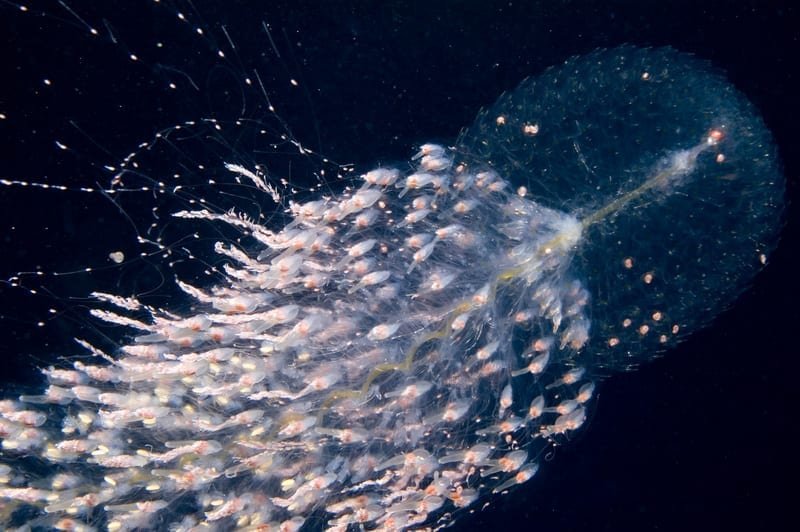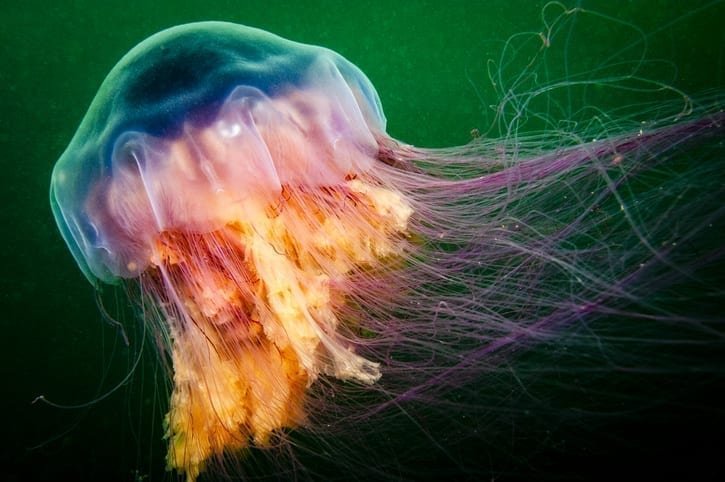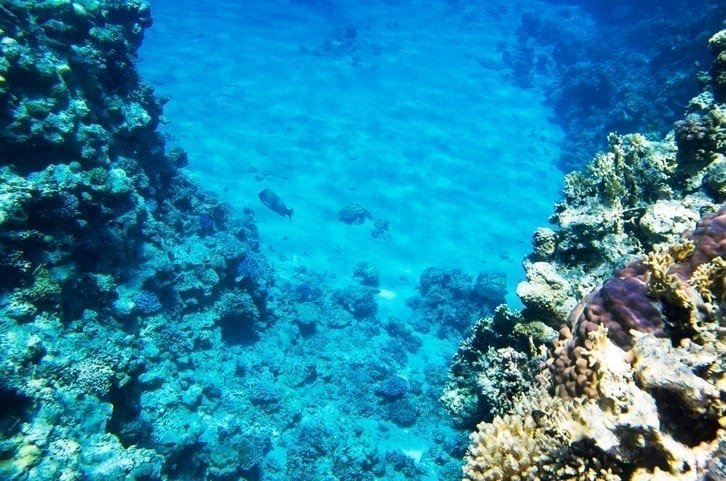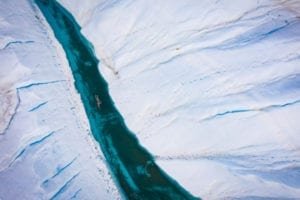Corporate profits
The investigation has uncovered an opaque web of corporate connections, which obscure the concentration of ISA exploration contracts into the hands of a few European and North American companies, which stand to profit most from the industry.
Meanwhile the sponsoring states, including Pacific Island states Nauru, Cook Islands, Kiribati and Tonga, are left exposed to significant financial and environmental risk, with the majority of future profits set to maximise corporate gains instead of enriching the sponsoring nations.
The corporations involved are US arms manufacturer Lockheed Martin, Belgian dredging firm DEME and Canadian start-up DeepGreen.
Lockheed holds the largest overall area of ISA exploration contracts covering 132,639 km2, via its UK subsidiary UK Seabed Resources.
UK and deep sea mining
The UK Government sponsors Lockheed’s exploration in the Pacific Clarion-Clipperton Zone, undermining the UK Government’s commitments to ocean protection.
The UK Government has claimed that deep sea mining could contribute £40 billion to the UK’s economy, and has frequently used this figure to justify its involvement in the industry.
However, Freedom of Information requests have revealed that this figure was provided to the UK Government by Lockheed Martin, with no independent verification or analysis of the assumptions behind it – despite being used in speeches by then Prime Minister David Cameron, cited by ministers in Parliament and used in high-level government documents.
Contracts for deep sea exploration
DeepGreen has rights to explore three ISA contracts, sponsored by Nauru, Tonga and Kiribati, covering 224,544 km2. DeepGreen controls all three through different contractors.
However, despite its involvement in contracts sponsored by three developing Pacific Island nations, no DeepGreen board members or senior staff are from or reside in these nations.
DEME is involved in two ISA contracts, covering 148,665km2. One is sponsored by the Cook Islands, covering 75,000 km2. DEME is ‘providing technical expertise and financing’ to the Cook Islands Investment Corporation to explore this area.
The Cook Islands retain full legal responsibility for the ISA contract, and potential liability for any damages caused, even if 3rd party firm DEME is undertaking all of the work.
Ocean protection
The investigation also reveals how the industry’s regulator, the ISA, has prioritised the development of deep sea mining over governments’ obligations to protect the deep ocean.
Corporations exert heavy influence over international negotiations regarding the seabed, with the ISA’s influential advisory committee including experts employed by the industry.
More controversially, spokespeople from DeepGreen and DEME have quite literally spoken on behalf of Governments, addressing ISA meetings from Nauru and Belgian Government seats respectively.
Greenpeace is calling for the deep ocean to be placed off-limits to commercial mining operations. The world’s governments should also agree to a strong new Global Ocean Treaty as soon as possible in 2021 that will lay the framework for a global network of ocean sanctuaries and deliver regulations to protect marine life from the most damaging industries such as deep sea mining and industrial fishing.
 Play Video about This Rock Might Just Save The World
Play Video about This Rock Might Just Save The World Play Video about Play 2 hours of rock
Play Video about Play 2 hours of rock Play Video about Play 2 hours of brook
Play Video about Play 2 hours of brook Play Video about Play 2 hours of sheep
Play Video about Play 2 hours of sheep















































